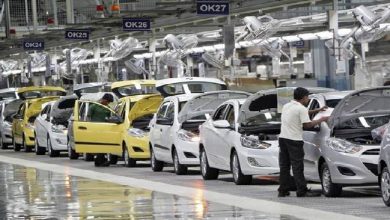Kerala Surpasses Rooftop Solar Power Target Ahead of Schedule

In a significant achievement for renewable energy initiatives, Kerala has exceeded its rooftop solar power production target, reaching an impressive 541 MW in November. This accomplishment comes well ahead of the set target of 500 MW by March 2024. The state has witnessed a surge in solar adoption, with approximately 1.7 lakh households already benefitting from solar connections, and an additional three lakh individuals eagerly awaiting their turn.
For households with electricity bills ranging from Rs 1500 to Rs 2500, a three-kilowatt solar setup proves sufficient. This setup, costing around Rs 1.9 to 2 lakh, receives a substantial 40% subsidy, resulting in a reasonable payment of 2.69 per unit to the Kerala State Electricity Board (KSEB) after household consumption.
Despite facing challenges during the COVID-19 crisis, Kerala’s Rooftop Solar project, initiated in 2019, gained momentum after its relaunch in 2021. The overwhelming demand is evident from the substantial growth, with 122.17 MW generated in 2021 and 127.5 MW in 2022. The upcoming solar city project in Thiruvananthapuram, coupled with a 155 MW solar park by the central government, is expected to further enhance solar power production in the state.
Both subsidized and non-subsidized solar projects have contributed significantly, with non-subsidized schemes generating 352 MW in the state this year alone for systems above 10 KW. Projections indicate that both types of projects are on track to exceed the 1000 MW target for this fiscal year.
However, the surge in demand has led to a shortage of materials, from solar panels to three-phase net meters, posing a challenge for further connections. The delayed delivery of net meters, essential for households to sell excess power to KSEB, has contributed to this hurdle. Interested individuals can avail solar installations through Kerala State Electricity Board’s E-Kiran, Anert, and the Centre’s MNRE.
Subsidies of 40% are applicable for projects up to three kilowatts, while projects ranging between 3 to 10 kW receive a reduced subsidy of 20%. Projects exceeding 10 kW do not qualify for subsidies. Despite these challenges, Kerala’s remarkable progress in rooftop solar power showcases a strong commitment to sustainable and renewable energy solutions.






